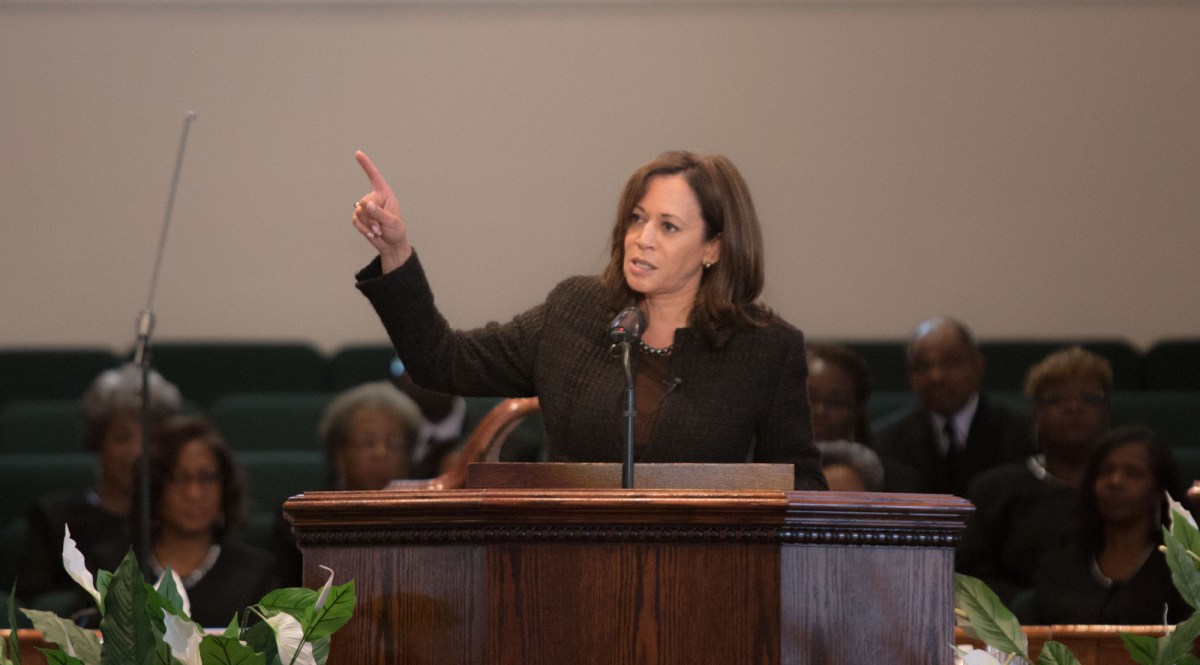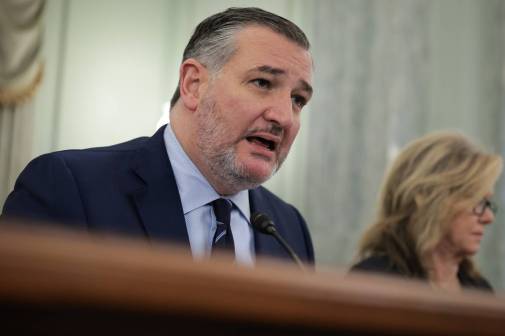Senators want USDS to aid state and local government’s IT modernization rush

In light of the ongoing failure of many state government unemployment systems to process record numbers of claims for assistance, a group of 16 Democratic senators asked congressional leadership on Wednesday to approve actions that would make some of the federal government’s digital resources available to state and local governments during the period of pandemic response.
The group, which includes Sens. Ron Wyden of Oregon, Kamala Harris of California and Cory Booker of New Jersey, requested in a letter that resources such as the United States Digital Service and the Technology Transformation Service be made available to the “beleaguered” states, which have collectively received more than 26 million new unemployment claims over the past five weeks.
The influx crashed systems that in many states are decades-old and run on outmoded programming languages, resulting in extended backlogs that some governors have said could last as long as six weeks before residents can expect to receive assistance.
In their letter, the senators claimed that bureaucratic barriers could delay help from federal agencies like USDS for as long as four months unless they intervene.
“Unfortunately, both the USDS and the TTS are hindered by regulatory hurdles that slow down or prevent them from supporting state and local governments,” it read. “During this national emergency, when speed is vital for millions of Americans, this red tape is preventing the federal government’s skilled technologist from helping the state and local agencies that need them most,” the letter reads.
Specifically, the senators requested that the next round of legislation for COVID-19 relief include a $50 million emergency appropriation that would allow USDS to hire “additional skilled technologists who could immediately begin to serve their country” and a $25 million emergency appropriation that would allow TTS to support state and local governments.
In addition to funding, the lawmakers ask for various restrictions preventing immediate work between the various levels of government to be loosened, such as those that restrict purchasing products from the federal government.
Many software companies have donated their services to state and local governments for free or at deep discounts during the pandemic, while programmers versed in languages like COBOL have flocked to state governments to lend a hand after Gov. Phil Murphy put out a request during a briefing earlier this month. Yet many states continue to report system crashes and plan for continued delays, including IT leaders in the most prepared states, who’ve told StateScoop that no one had engineered their unemployment systems for this scale.
While the sudden unemployment surge caught states off-guard — like Florida, which has processed fewer than 200,000 of its 1.7 million claims despite recently splurging on $119 million in new equipment and software — few IT professionals in or out of government have reported being surprised by states’ overloaded systems.
“It’s not that surprising,” said Matt Deres, chief information officer of the mainframe software company Rocket Software. “I’ve worked in IT for 25 years and any system regardless of the platform that is under-maintained, under-modernized and underfunded will have problems if suddenly there’s a peak period around it.”
Virginia CIO Nelson Moe told StateScoop that the variation in states’ abilities to respond can be chalked up to whether governors treat their technology agencies like a “valued partner” or just another expense. Similarly, Deres said that platforms like mainframes, which are sometimes denigrated as antiquated, can perform just as well as any other platform, but only if they receive adequate support.
“In reading about the New Jersey case especially, our observation is that had they kept up the platform, as their peers have done both domestically and commercially, they wouldn’t have an issue,” Deres said. “There’s literally not a more scalable platform than the mainframe.”






